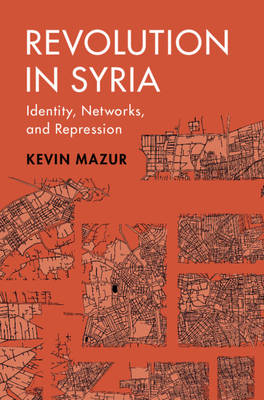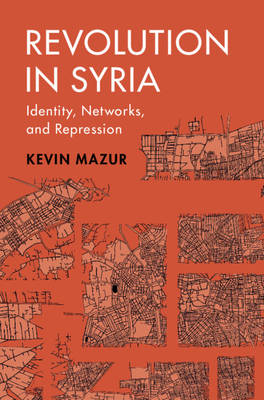
- Afhalen na 1 uur in een winkel met voorraad
- Gratis thuislevering in België vanaf € 30
- Ruim aanbod met 7 miljoen producten
- Afhalen na 1 uur in een winkel met voorraad
- Gratis thuislevering in België vanaf € 30
- Ruim aanbod met 7 miljoen producten
Zoeken
Omschrijving
How does protest advancing diverse claims turn into violent conflict occurring primarily along ethnic lines? This book examines that question in the context of Syria, drawing insight from the evolution of conflict at the local level. Kevin Mazur shows that the challenge to the Syrian regime did not erupt neatly along ethnic boundaries, and that lines of access to state-controlled resources played a critical structuring role; the ethnicization of conflict resulted from failed incumbent efforts to shore up network ties and the violence that the Asad regime used to crush dissent by challengers excluded from those networks. Mazur uses variation in the political and demographic characteristics of locales to explain regime strategies, the roles played by local intermediaries, the choice between non-violent and violent resistance, and the salience of ethnicity. By drawing attention to cross-ethnic ties, the book suggests new strategies for understanding ostensibly ethnic conflicts beyond Syria.
Specificaties
Betrokkenen
- Auteur(s):
- Uitgeverij:
Inhoud
- Aantal bladzijden:
- 332
- Taal:
- Engels
- Reeks:
Eigenschappen
- Productcode (EAN):
- 9781108824170
- Verschijningsdatum:
- 8/07/2021
- Uitvoering:
- Paperback
- Formaat:
- Trade paperback (VS)
- Afmetingen:
- 152 mm x 229 mm
- Gewicht:
- 485 g

Alleen bij Standaard Boekhandel
+ 86 punten op je klantenkaart van Standaard Boekhandel
Beoordelingen
We publiceren alleen reviews die voldoen aan de voorwaarden voor reviews. Bekijk onze voorwaarden voor reviews.








